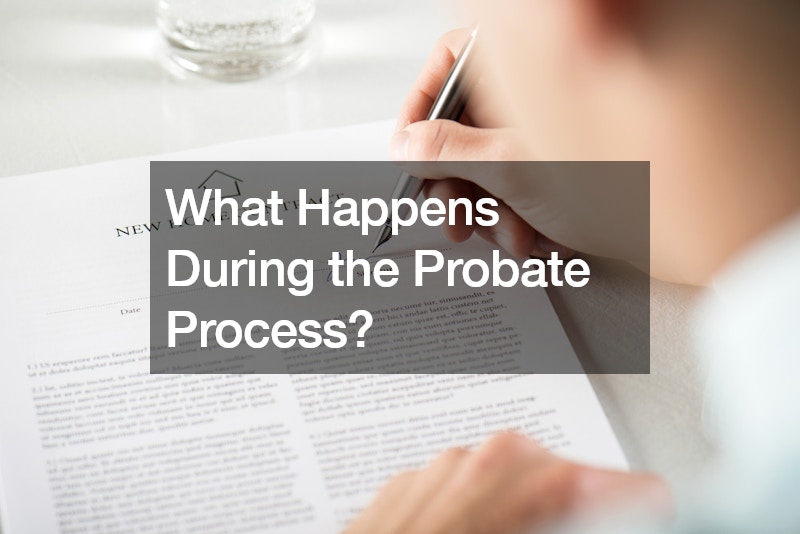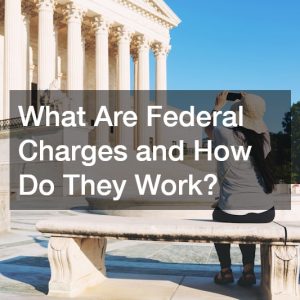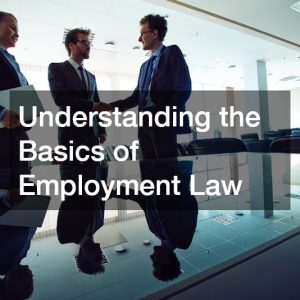
Probate is the legal process through which a deceased person’s assets are distributed according to their will or state laws. In this comprehensive overview, we’ll delve into what happens during the probate process, shedding light on key steps and considerations.
The Probate Initiation
When a person, referred to as the testator, passes away, their will is submitted to the court to initiate probate. The appointed executor, often named in the will, takes a central role in this process.
One crucial early step involves obtaining approval for the executor to act independently, allowing them to handle certain matters without court intervention. A probate attorney guides the executor through this process, ensuring legal compliance.
Asset Freezing and Distribution
Brokerage accounts and assets may be temporarily frozen after the testator’s death. The probate attorney assists the executor in navigating the legal requirements for unfreezing these assets, allowing for their proper distribution.
Specific bequests, like monetary gifts to beneficiaries, are addressed during this phase. The probate attorney helps prepare court pleadings and agreements to facilitate the distribution of assets according to the testator’s wishes.
Tax Consequences and Finalization
The probate process involves addressing tax implications, such as those related to inherited IRAs and appreciated investments. A probate attorney plays a crucial role in guiding the executor and heirs through these tax considerations.
Once all necessary steps are completed, including obtaining court orders and confirming the executor’s role, the assets are dispersed to the beneficiaries. The probate process concludes with the finalization of the estate’s financial matters.
.





